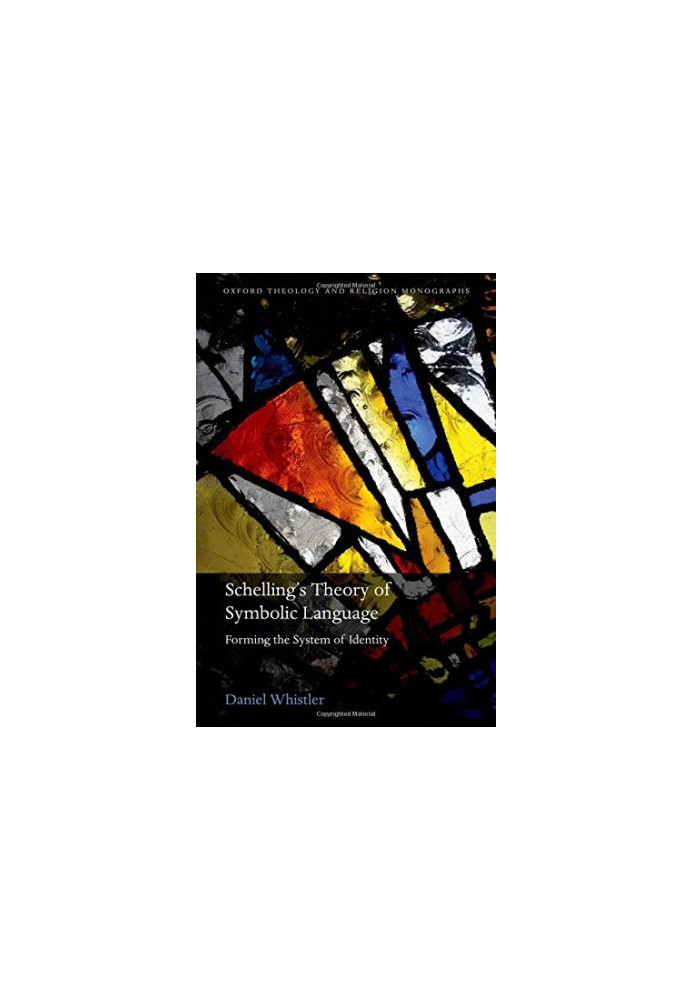Schelling’s theory of symbolic language : forming the system of identity
 Instant download
Instant download
after payment (24/7)
 Wide range of formats
Wide range of formats
(for all gadgets)
 Full book
Full book
(including for Apple and Android)
This study reconstructs F.W.J. Schelling's philosophy of language based on a detailed reading of SC73 of Schelling's lectures on thePhilosophy of Art.Daniel Whistler argues that the concept of the symbol present in this lecture course, and elsewhere in Schelling's writings of the period, provides the key for a non-referential conception of language, where what matters is the intensity at which identity is produced. Such a reconstruction leads Whistler to a detailed analysis of Schelling's system of identity, his grand project of the years 1801 to 1805, which has been continually neglected by contemporary scholarship. In particular, Whistler recovers the concepts of quantitative differentiation and construction as central to Schelling's project of the period. This reconstruction also leads to an original reading of the origins of the concept of the symbol in German thought: there is not one "romantic symbol", but a whole plethora of experiments in theorising symbolism taking place at the turn of the nineteenth century. At stake, then, is Schelling as a philosopher of language, Schelling as a systematiser of identity, and Schelling as a theorist of the symbol.
LF/372405/R
Data sheet
- Name of the Author
- Daniel
Whistler - Language
- English
- Series
- Oxford Theology and Religion Monographs
- ISBN
- 9780199673735
- Release date
- 2014
























